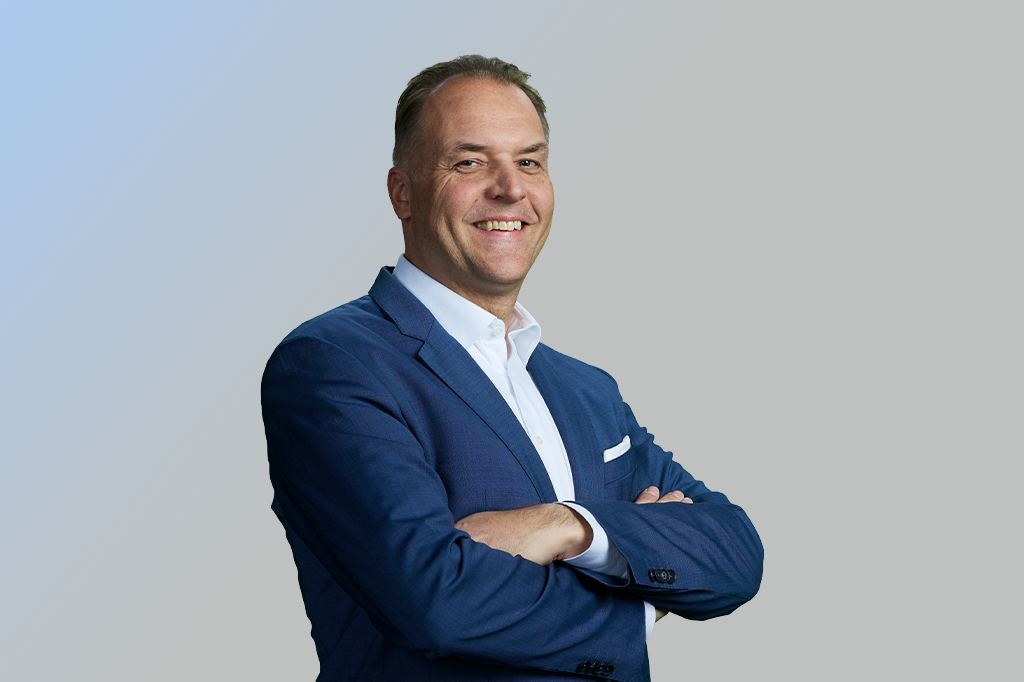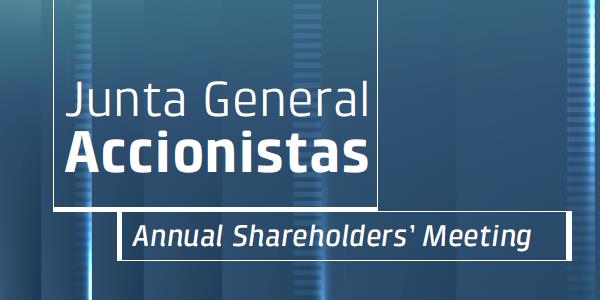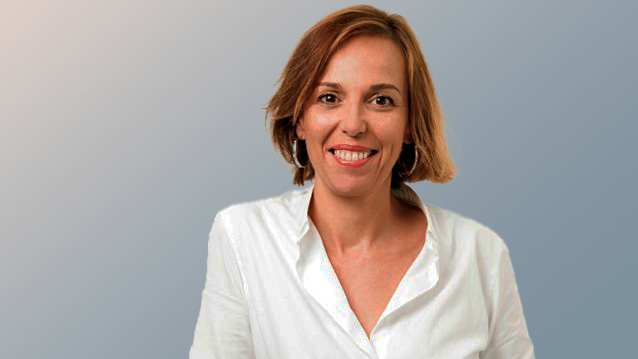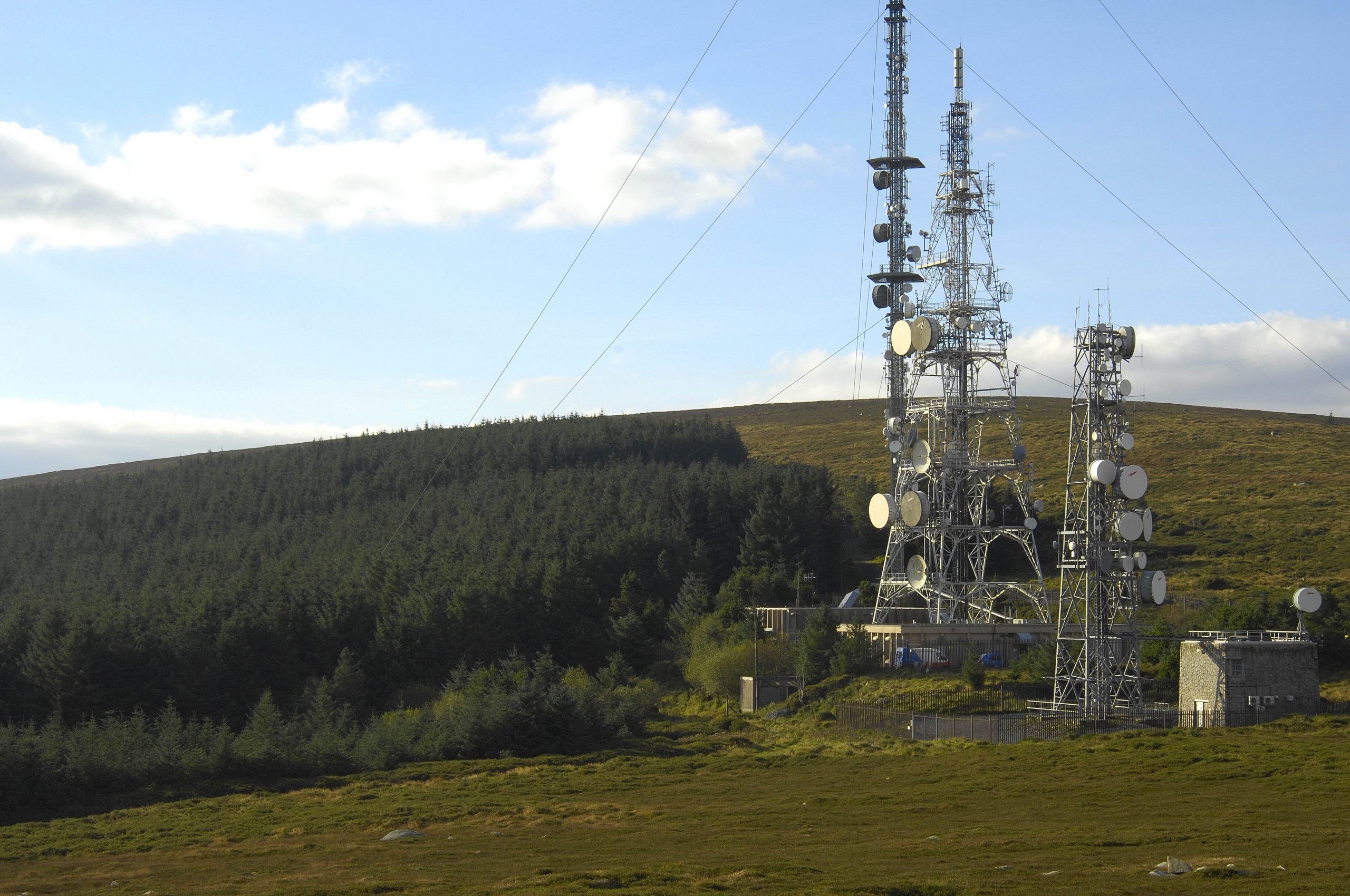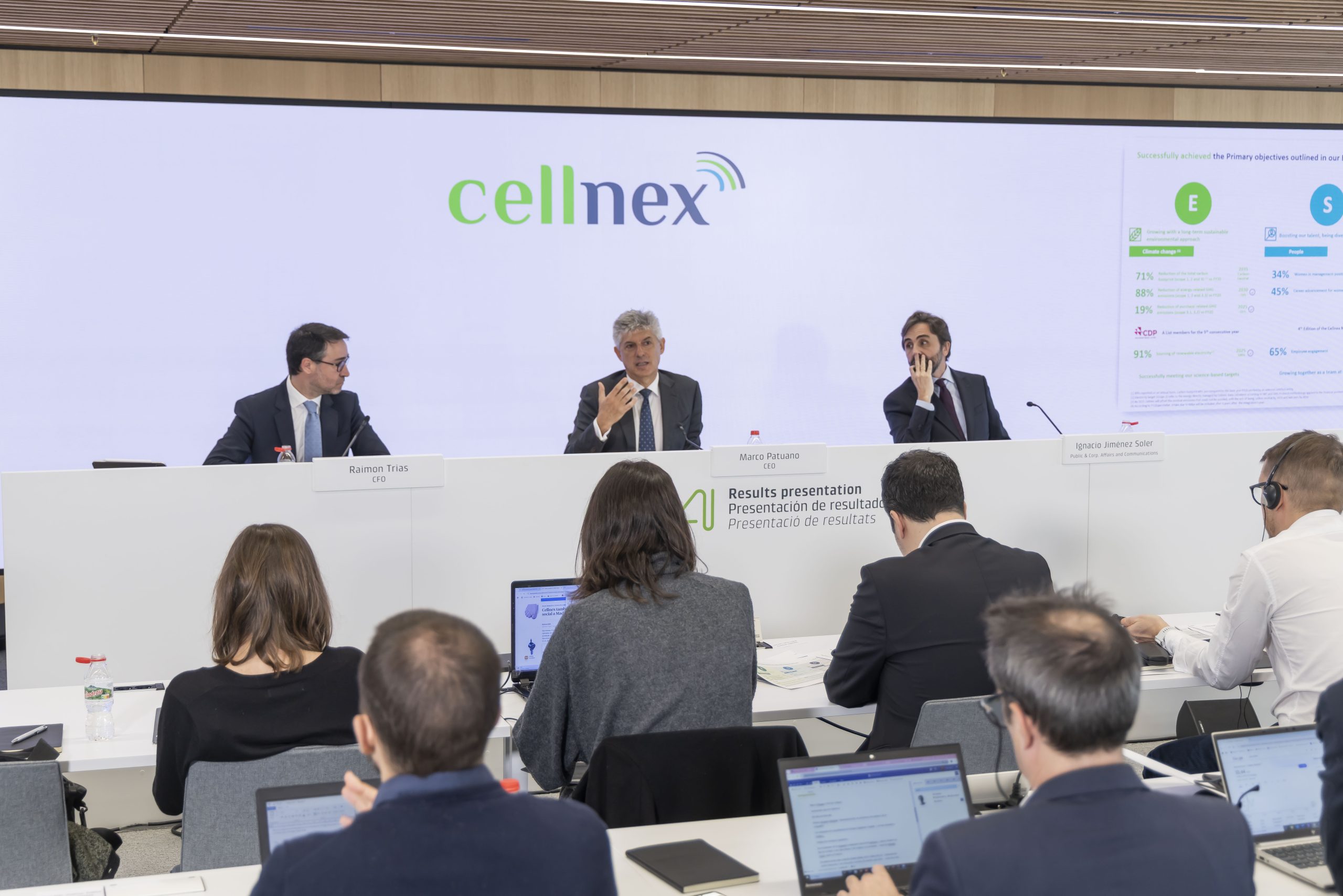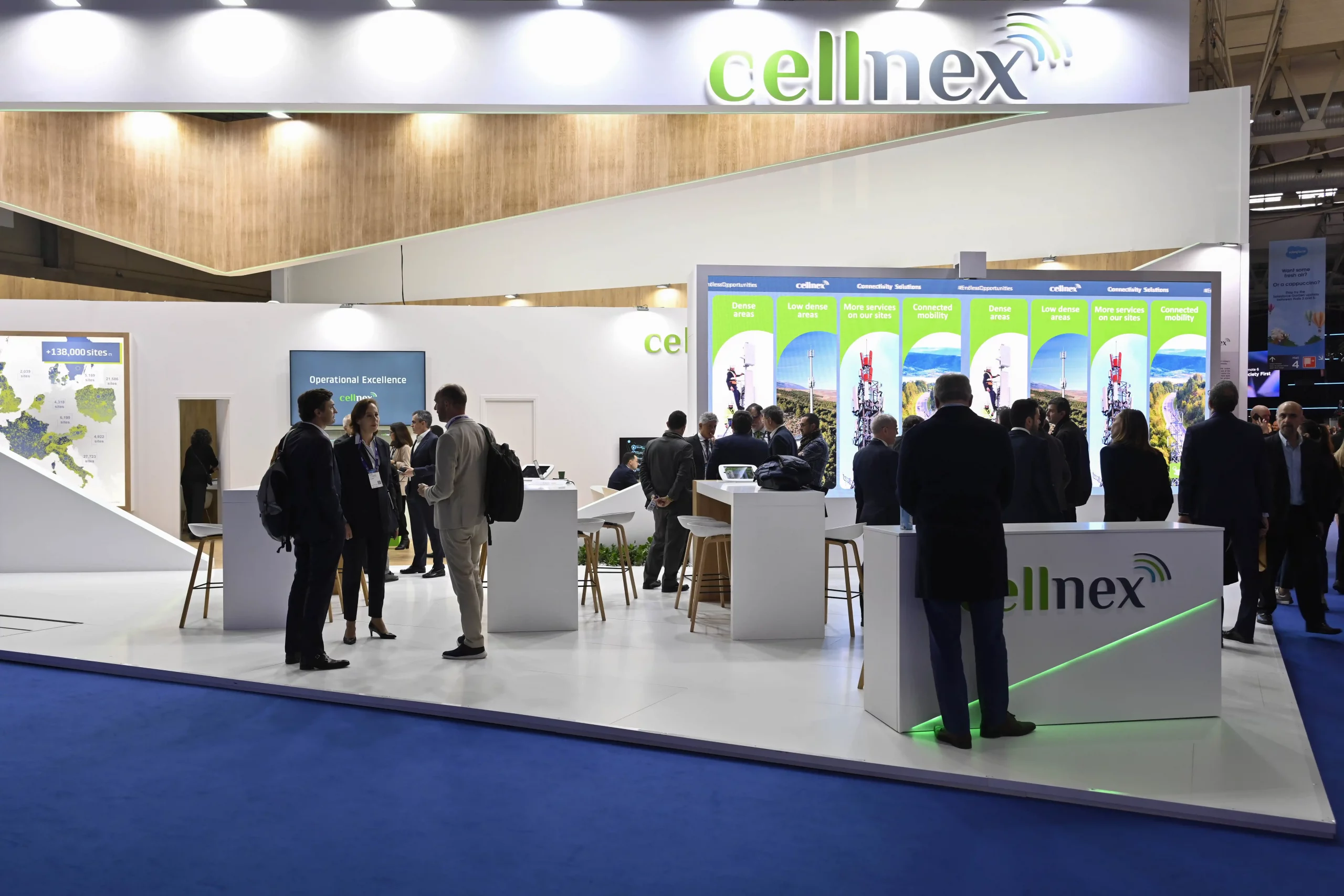Mediacenter

- 11 Apr 2019
- ·
- Technologie
Cellnex Telecom presents in Malaga the infrastructures ecosystem required to effectively deploy 5G
5G Forum Malaga
- The telecommunications infrastructure operator will be taking part at the 5G Forum in Malaga on 24 and 25 April, where it will present its main proposals, including DAS systems, optical fibre and Edge Computing
- The company will also show some of the 5G use cases in which it is working, including those related to mobility (connected, autonomous and sustainable vehicles) and the prevention and management of emergencies
Barcelona, 11 April 2019. On 24 and 25 April, Cellnex will be taking part at the 5G Forum in Malaga, which will bring together leading national and international experts from more tan 20 countries in its second edition. The telecommunications infrastructure operator will present at the event its main proposals in the field of telecommunications infrastructure, with the goal of creating the necessary ecosystem for the effectively roll out 5G. These include DAS systems, optical fibre and Edge Computing.
The company will present their latest developments to 250 assistants in an event that will emphasize the presentation of pilot projects in the area of 5G. The leading companies in the development and implementation of this technology will exchange knowledge, share experiences and present, also with real-time demonstrations, their latest advances.
Speech by Aitor Rubio, Senior Product Strategy Manager at Cellnex Telecom
On 24 April Aitor Rubio, Senior Product Strategy Manager at Cellnex Telecom, will present the vision of the company in the speech entitled “5G, from TowerCo to infraestructure partner”. Rubio will analyse the permanent evolution of the company which has evolved from being a provider and manager of telecommunications towers to a strategic infrastructure partner for mobile operators and for the remaining players in the technology sector.
Development of the 5G ecosystem in Europe
The implementation of 5G networks represents a new connectivity paradigm and is evolving in parallel to new consumption habits. It is this new environment, marked by minimum latency, in which industry 4.0, telemedicine and gaming are evolving. Artificial Intelligence (AI) also takes centre stage in areas such as mobility (the connected car).
5G will require a new network architecture, and Cellnex Telecom, present in six European countries, is working to develop the infrastructures necessary for the effective roll-out of this new technology.
Network densification
This new network architecture will require adapting the equipment installed in the existing infrastructures (macro sites) and increasing the densification of the network through Distributed Antenna Systems (DAS) and Small Cells in indoor areas (stadiums and sports venues, shopping centres, theatres, skyscrapers, carparks, underground networks, etc.) and outdoor areas (city centres, public transport networks, ports, airports, etc); especially high footfall areas.
Cellnex has extensive experience in DAS solutions, as the company has fitted this technology in stadiums (Wanda Metropolitano in Madrid, Olympic in Rome, San Siro in Milan or the Juventus Stadium in Turin); skyscrapers (Torre Pirelli in Milan); shopping centres (Rio 2 in Madrid or Finestrelles in Barcelona), car parks (Saba and Bamsa); subway lines, railway stations and city centres, as well as emblematic sites (Gran Teatre del Liceu in Barcelona) with a high footfall and big demand for data consumption.
Optical fibre
Bringing fibre to the antennas will become a necessity with 5G in order to transmit the huge amount of data that will be gathered by the new access networks to the operator network. Furthermore, “backhauling” with optical fibre telecommunications towers is essential to developing 5G networks, associated to the remote or “caching” servers that physically take the capacity of data processing and storage closer to the end users of 5G-based applications.
Edge Computing
Edge computing is another key element in the 5G ecosystem since it shifts computing capabilities closer to the transmitting antennas and therefore closer to the data receivers (vehicles, people, machines). Bringing the senders closer to the receivers is fundamental to achieving minimum latency (1 millisecond), which is one of the elementary parameters of 5G technology and is directly related to the development of sectors such as autonomous vehicles, industry 4.0 or telemedicine.
5G usage cases in mobility and emergencies
Also at the 5G Forum in Malaga, Cellnex will present other usage cases linked to 5G on which the company is working, including those linked to connected, autonomous and sustainable mobility and to preventing and managing emergencies.
Mobility Lab
Cellnex has equipped the Circuit Parcmotor Castellolí-Barcelona with the necessary infrastructures and technology for the operators and companies working to develop the mobility of the future and vehicle manufacture to develop innovative products and services linked to smart mobility and the connected and autonomous vehicle. All of this is under the premise of efficient energy management, since all the infrastructure rolled out by Cellnex is self-supplied by wind and/or solar energy.
Circuit Parcmotor has become a benchmark environment and an innovative testing space for the development of ITS (Intelligent Transport Systems) associated to 5G technological solutions, particularly in the field of vehicle-to-vehicle (V2V), vehicle-to-infrastructure (V2I) and vehicle-to-pedestrian (V2P) communications, which can subsequently be implemented in vehicles (future mobility), in towns and cities (smart cities) and on roads and motorways (smart roads).
Furthermore, the company is developing mobile connectivity solutions in urban environments – which are included in the V2X-Arch project – and underscore the importance of communications between vehicles and street fixtures (traffic lights) or communications between emergency vehicles and all other vehicles on a road and building these networks that make it possible to develop the connected vehicle.
5G Firefighting Drone Pilot Project
Jointly with Sitep, Masmovil and 5G Barcelona, Cellnex has developed the pilot “5G Firefighting Drone Project” which uses 5G technology to facilitate and optimise management of fires by capturing, processing and transmitting data such as heat maps, geo-localised images and the location of firefighters. This information is beamed to the emergency teams in real time using drones and a dedicated broadband network. The aim is threefold: to reduce response times, monitor the situation in real time and activate the appropriate and optimal resources to extinguish the fire.
About Cellnex Telecom
Cellnex Telecom is Europe’s leading operator of wireless telecommunications and broadcasting infrastructures with a total portfolio of 29,000 sites including forecast roll-outs up to 2027. Cellnex operates in Spain, Italy, Netherlands, France, Switzerland and the United Kingdom.
Cellnex’s business is structured in four major areas: telecommunication infrastructures services; audiovisual broadcasting networks; security and emergency service networks and solutions for smart urban infrastructure and services management (Smart cities and the Internet of Things (IoT)).
The company is listed on the continuous market of the Spanish stock exchange and is part of the selective IBEX 35 and EuroStoxx 600 indices. It is also part of the FTSE4GOOD and CDP (Carbon Disclosure Project) and “Standard Ethics” sustainability indexes.
Cellnex’s reference shareholders include ConnecT, with a 29.9% stake in the share capital, as well as Threadneedle Asset Management, CriteriaCaixa and Blackrock, holding smaller stakes.
















